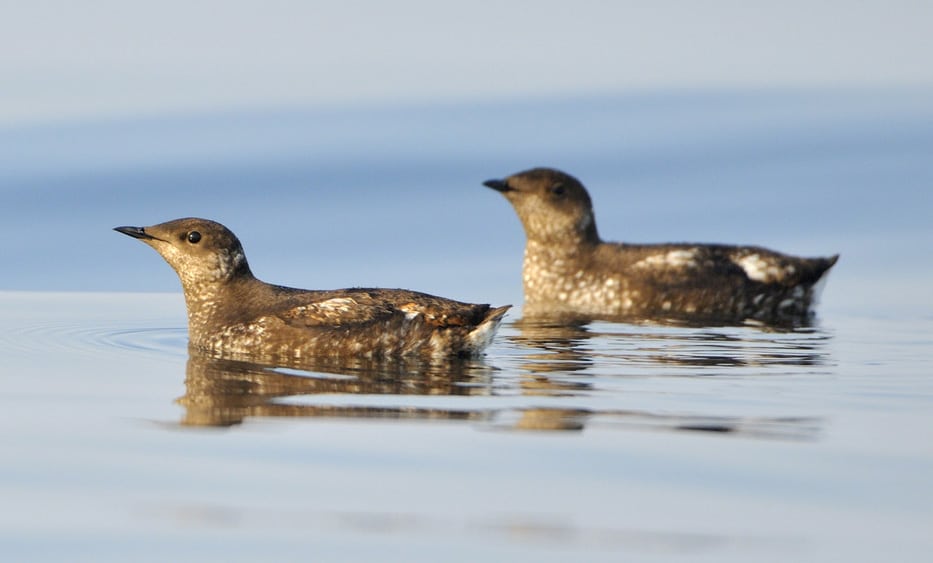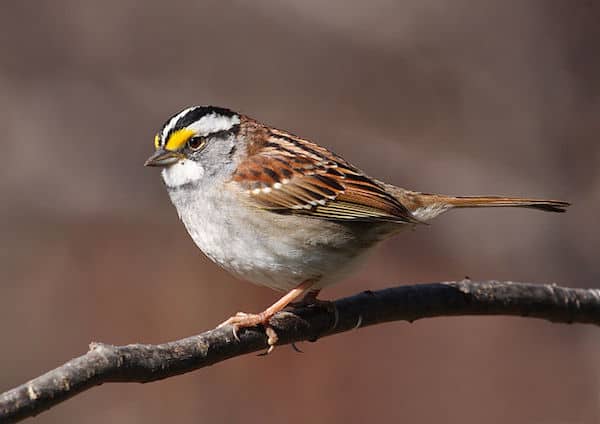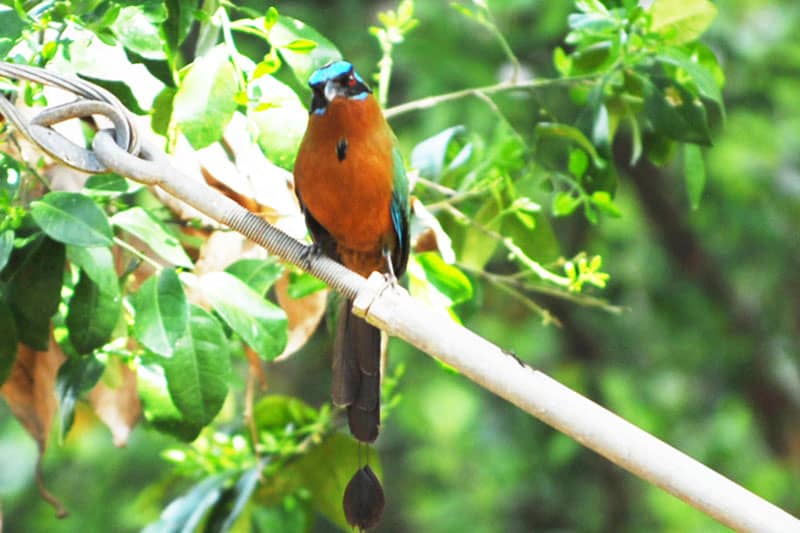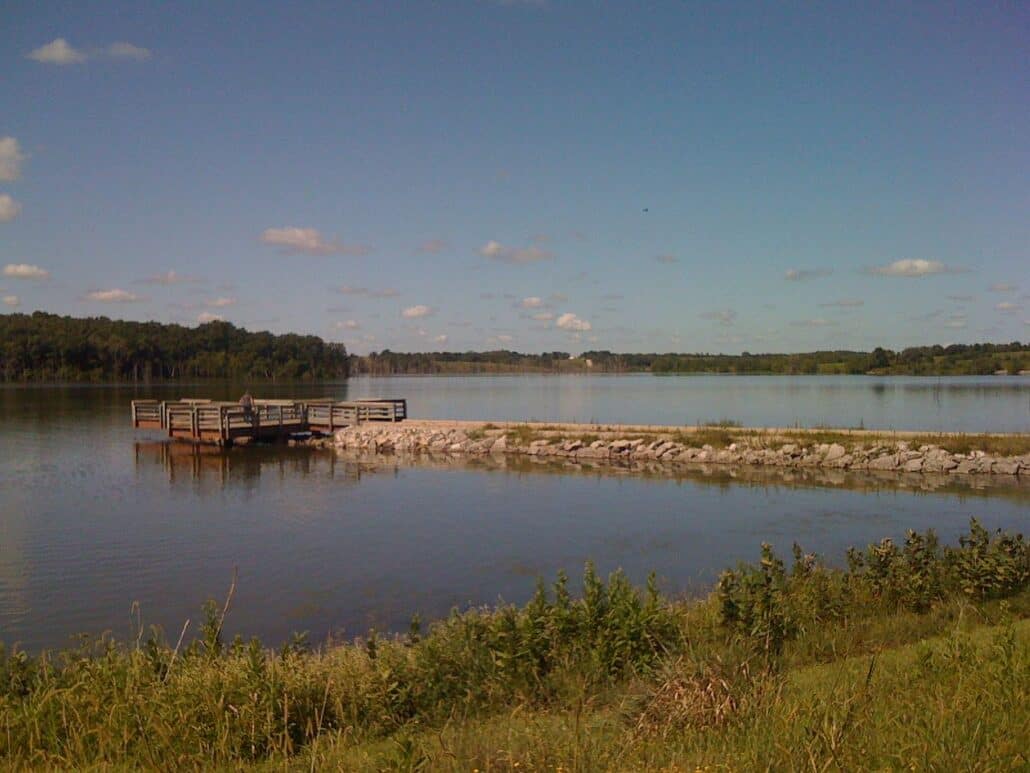It is the largest of the United States in land area, but one of the least populated, and one of the most remote. At more than 6,600 miles, it has the longest coastline of any U.S. state—and despite the vast landmass, birding hotspots are all in coastal areas. At 514 species—more than half of all bird species documented in North America—it has one of the longest bird checklists of any U.S. state. That list includes many species found nowhere else in North America.
Finding Alaskan rarities—mostly vagrants from Asia—takes time, money, fortitude, and resolve to get to remote islands in the Bering Sea, where accommodations are primitive. Hotspots in southeastern Alaska are much more accessible. In late April through early May, flocks containing millions of shorebirds congregate in staging areas along the coast and in mudflats before dispersing to their breeding grounds farther north.




